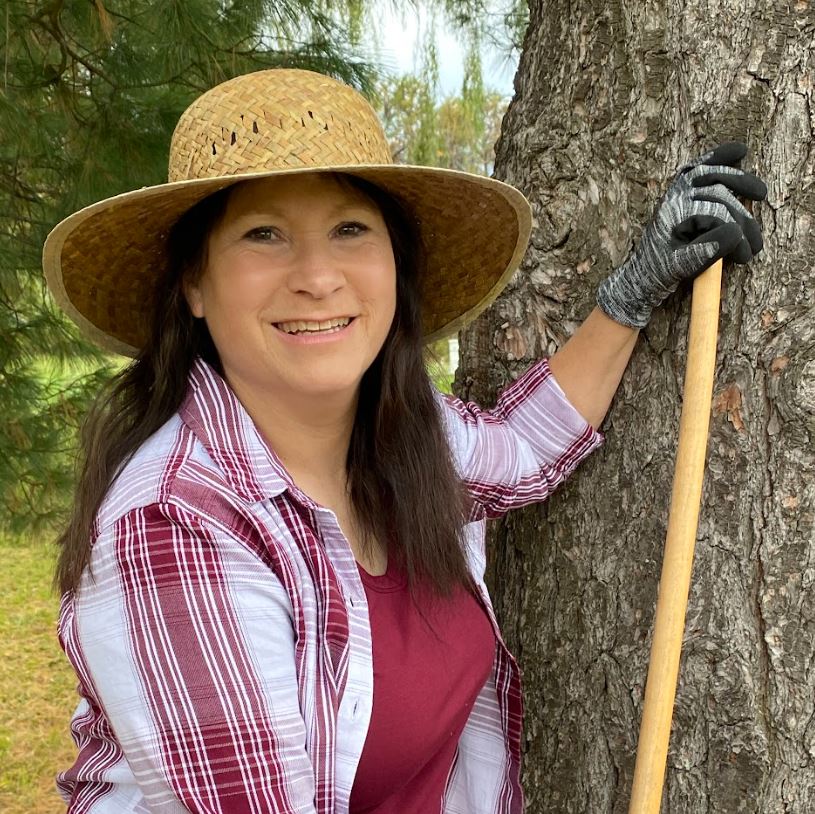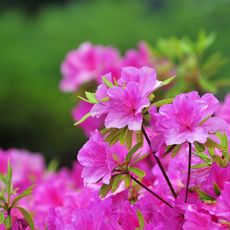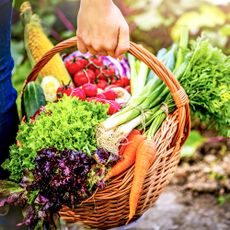African Violets – Then And Now

As a child, I loved the velvety-soft leaves and purple flowers of African Violets. These tiny little plants were the perfect size for the limited space on my plant table. (The plant table was my parent's way of restricting the size and number of plants in my collection.) Yet, caring for an African Violet is not child's play.
Early Attempts at Taking Care of African Violets
Although I loved my childhood collection, I did much better with plants that could withstand a bit of neglect. I was far more successful with my cacti and succulents than African Violets. In fact, I seem to recall purchasing African Violet after African Violet, only to have these poor plants immediately succumb to my ill-attempts at caring for them.
Hailing from the coastal woodlands of east Africa, these velvety houseplants like bright, diffused light and moist soil. Many houseplants feel the same way. With African Violets, however, the tolerance range between too much sun or water and too little sun or water is much narrower.
Thus, the African Violets of my childhood were often overwatered or underwatered. I didn't fully understand their sunlight needs and I'm quite sure I never gave them a boost with an aptly-applied fertilizer. Eventually, I quit wasting my hard-earned allowance and adopted the mindset that African Violets were impossible to keep alive.
Understanding African Violet Care
Recently, I've come to realize these adorable little houseplants are not particularly hard to grow, but they do require specific care. Once I understood the basic requirements of an African Violet houseplant, it was only a matter of giving this beloved plant what it needs to make it happy.
What brought about this revelation? It all started as the result of impulse buying. Years ago, I found a horse planter at my local farm store. I knew when I saw it, I had to have it. Nonetheless, when I got home, I realized how useless this planter really was.
The planter consisted of a horse lying next to a pump-style faucet. The water trough below the faucet held the plant. The odd shape of the planter precluded using a drip tray inside the house. If I chose to use the planter outdoors, the limited amount of dirt the planter could hold, would mean watering several times a day.
Gardening tips, videos, info and more delivered right to your inbox!
Sign up for the Gardening Know How newsletter today and receive a free copy of our e-book "How to Grow Delicious Tomatoes".
For years, the planter was relegated to clutter status. That is, until I decided to place a table in front of an east-facing window. It was the perfect spot for a houseplant.
Determined to make the horse planter work, I searched for a liner that could be put inside the 5 inch (13 cm.) wide water trough. Turns out, a cut-down, quart-sized yogurt container was perfect. A 4-inch (10 cm.) pot would fit nicely inside the yogurt container.
Then I ran into problem number two. The horse's nose and the faucet hung over the water trough. This made it impossible to use tall, bushy-type houseplants. I needed something low growing. Thinking English ivy, I headed to the nearest store that carried a variety of plants.
That's when I saw it. Sitting on the clearance shelf was a lowly-looking African violet. Horrid flashbacks from my childhood filled my head, but I knew I had to make amends for all the poor African violets that had fallen victim to my youthful ways. I impulsively placed the plant in my cart.
I have to admit, sometimes my impulsive behavior makes me a better gardener. My little African Violet is now thriving and happy in my horse planter. African violet plant care is much easier than I remember. I follow these basic care requirements:
- Watering African Violets – Keep the soil moist, but not soggy, and never let the pot sit in water. Use room-temperature distilled water and avoid splashing the leaves. (I use a creamer as it holds a limited amount of water and has a spout.)
- Light for African Violets – Provide 10 to 12 hours of bright, indirect light. (My east-facing window is perfect.)
- Feeding African Violets – Apply regular applications of diluted fertilizer. (I use one formulated for African Violets.)

Laura Miller has been gardening all her life. Holding a degree in Biology, Nutrition, and Agriculture, Laura's area of expertise is vegetables, herbs, and all things edible. She lives in Ohio.
-
 Ideal Azalea Water Requirements – For Lush, Healthy Shrubs That Will Thrive For Years
Ideal Azalea Water Requirements – For Lush, Healthy Shrubs That Will Thrive For YearsWhat are an azalea's water requirements? Learn how to keep these beautiful spring-blooming shrubs happy and healthy in your yard or container garden.
By Amy Grant
-
 7 Vegetables To Plant In April: Start Indoors Or Outside For A Bumper Summer Harvest
7 Vegetables To Plant In April: Start Indoors Or Outside For A Bumper Summer HarvestAchieve your growing ambitions with these best vegetables to plant in April – including cold-hardy crops to sow direct and tender varieties to start indoors
By Mary Ellen Ellis